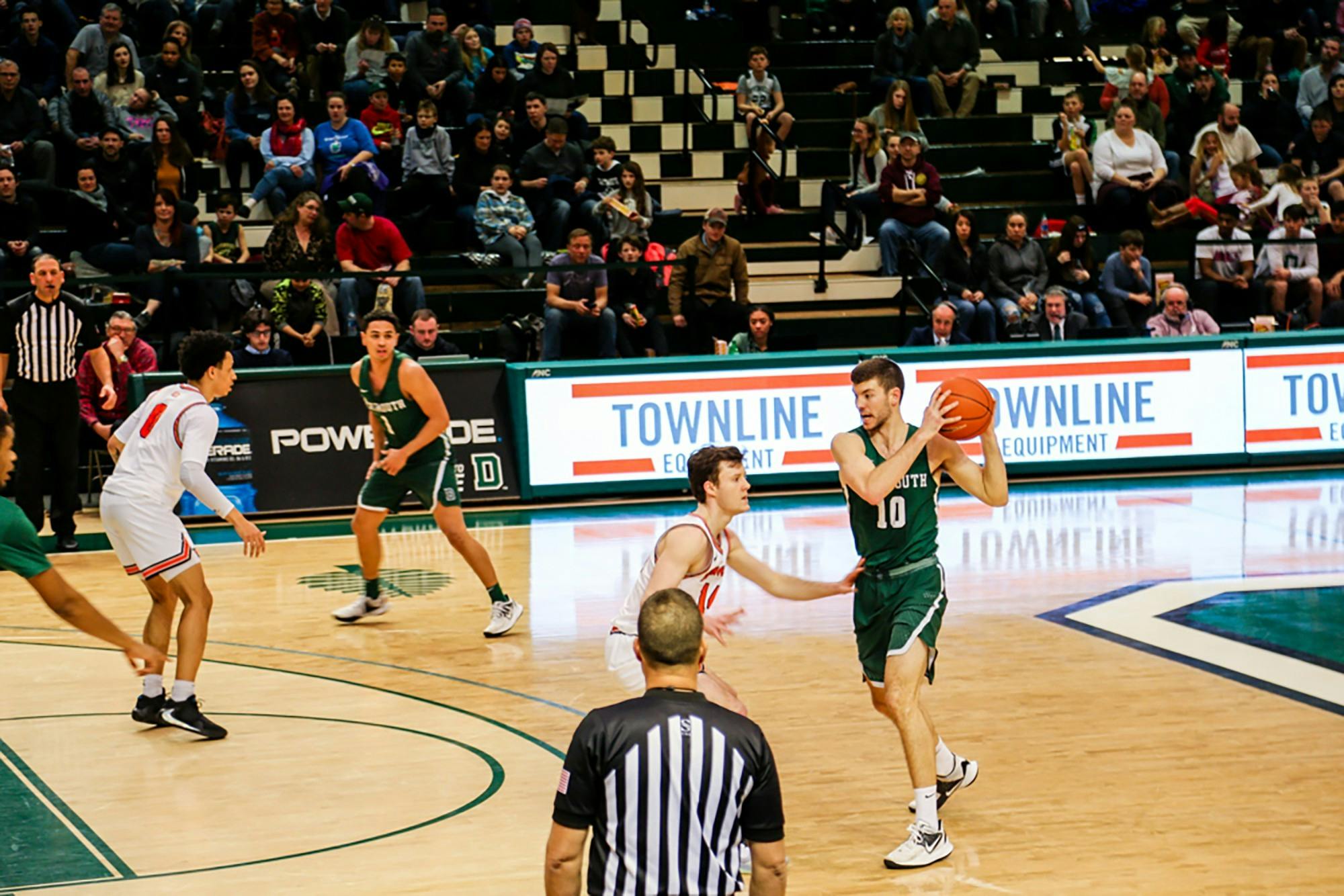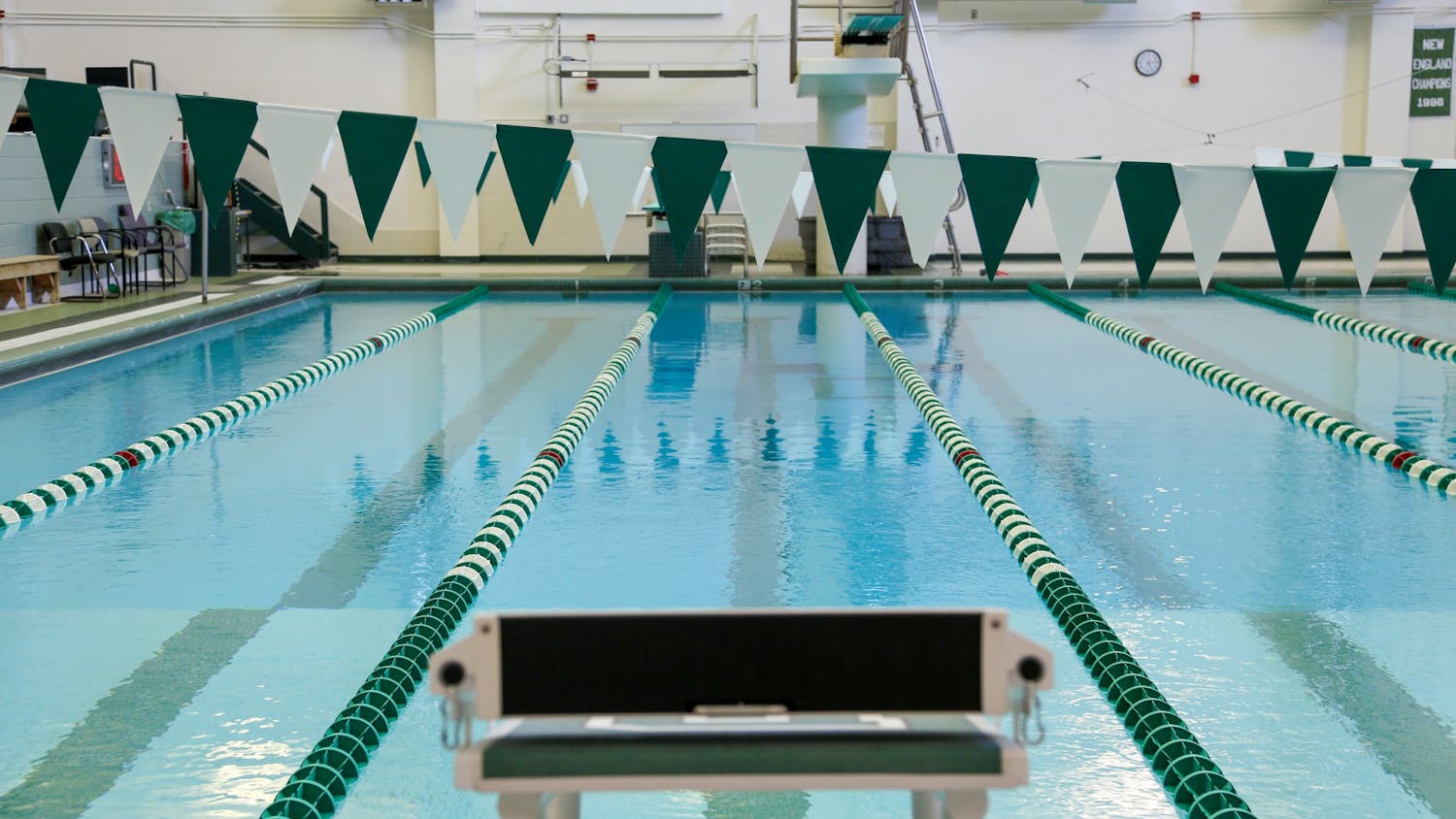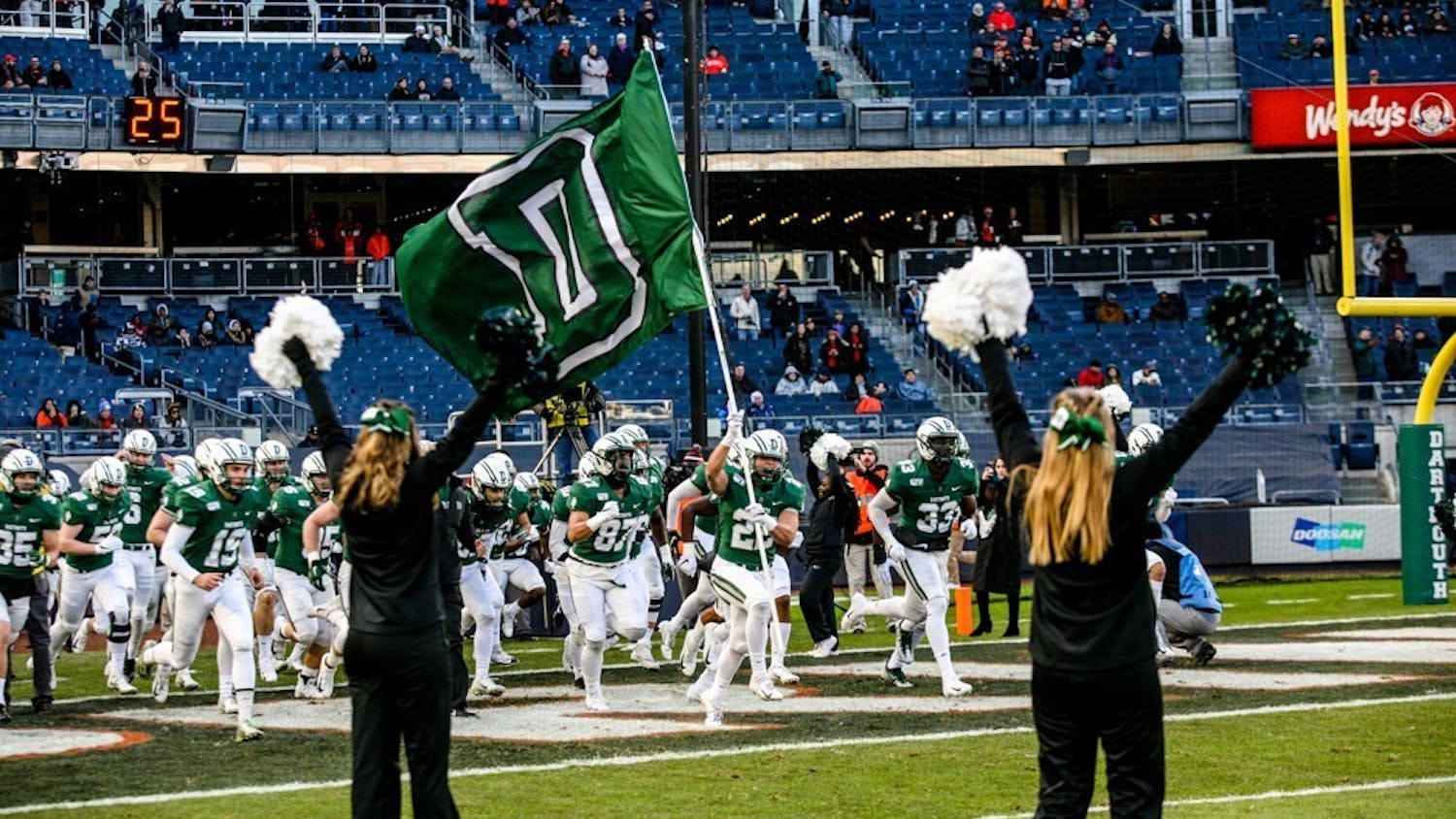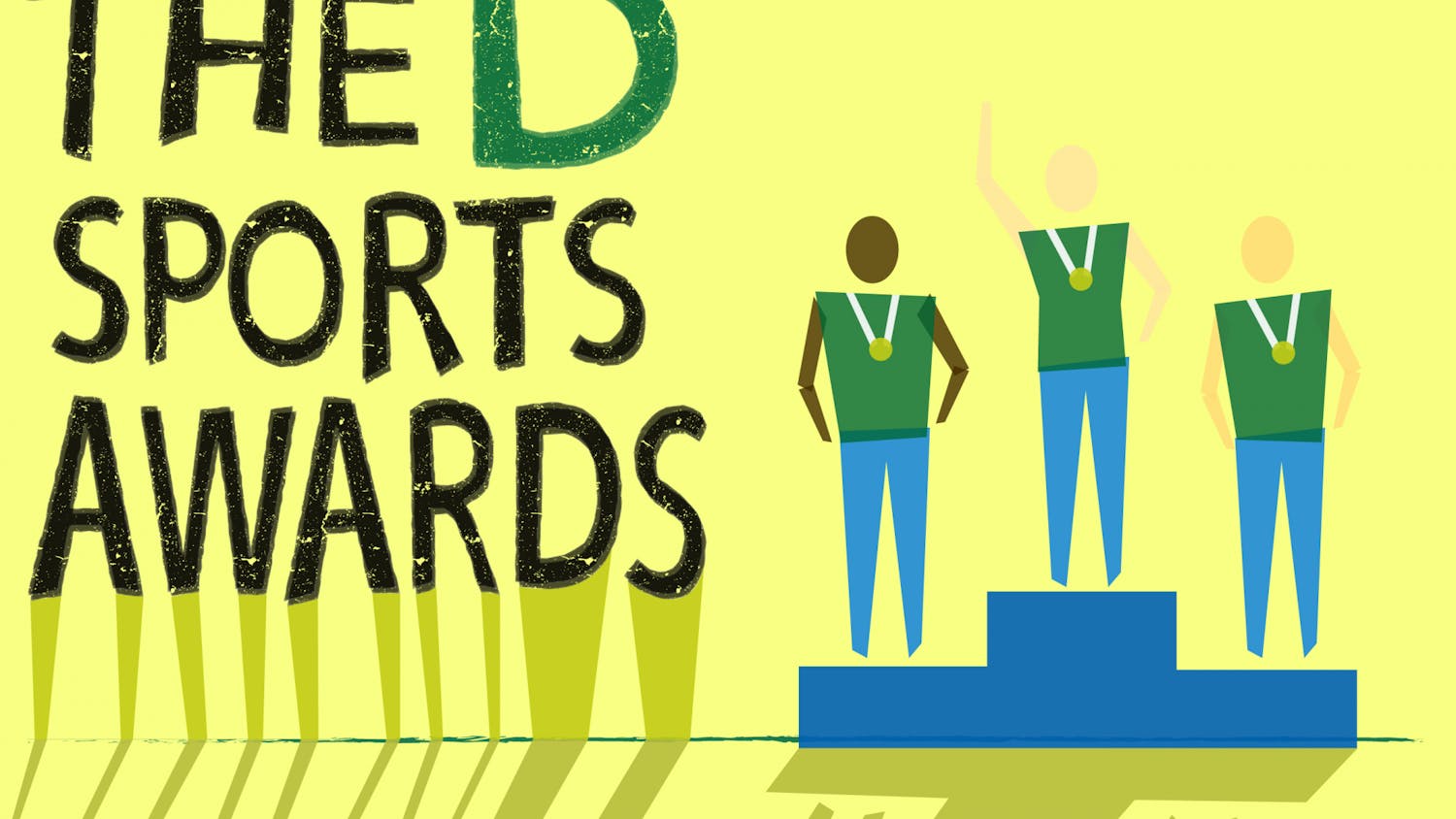All winter intercollegiate athletic competition has been canceled, the Ivy League announced on Thursday evening. Additionally, spring sports have been postponed through at least February, and the conference has ruled out the possibility of allowing fall sports to play this spring.
The Ivy League presidents voted unanimously on the decision. Dartmouth’s affected winter sports include basketball, ice hockey, skiing, squash and indoor track and field.
While several Division III conferences have canceled winter competition, the Ivy League is the first Division I conference to cancel winter sports. At the end of October, Bethune-Cookman University, a member of the Mid-Eastern Athletic Conference, became the first known Division I university to cancel sports for the remainder of the school year, and several other schools have independently decided not to play.
The decision comes as COVID-19 cases have reached record highs across the country. Most Ivy League schools, including Dartmouth, have only a fraction of their full student bodies on campus this year in an attempt to slow the spread of the virus.
“Student-athletes, their families and coaches are again being asked to make enormous sacrifices for the good of public health — and we do not make this decision lightly,” the Ivy League presidents wrote in a press release. “While these decisions come with great disappointment and frustration, our commitment to the safety and lasting health of our student-athletes and wider communities must remain our highest priority.”
In canceling its athletic seasons before its Division I counterparts, the Ivy League finds itself in a similar position to earlier this year. The Ivy League became the first Division I conference to cancel all spring varsity athletic events for the 2020 campaign in March at the onset of the pandemic, and the rest of the Division I conferences and the NCAA followed suit shortly thereafter. On July 8, the Ivy League again became the first Division I conference to cancel fall sports, though it left open the possibility of moving them to this spring. The July decision also delayed winter sports, postponing the start of their seasons until at least Jan. 1. With Thursday’s decision, all winter sports are now canceled.
Though Division I conferences such as the Big Ten and Pac-12 initially canceled fall sports after the Ivy League’s decision, they reversed their decisions in September and have been playing football this fall, along with the other Power 5 conferences. Collegiate football has faced a series of COVID-19 outbreaks in their return to play, with upwards of 50 Football Bowl Subdivision games postponed due to the virus.
Breaking a long-standing precedent from the Ivy League, fall and winter sport student-athletes will not lose a season of Ivy League or NCAA eligibility — a deviation even from the conference’s ruling this spring. Dartmouth student-athletes who want to pursue a fifth year of undergraduate education will have to work with the College to determine their options beyond their current anticipated graduation date.
Dartmouth’s varsity teams have been progressing through a three-phase practice plan this fall in hopes of competing against other schools in the new year. Teams have been able to practice in a limited capacity in the second phase of this plan, though the ice hockey teams saw their practices temporarily halted on Oct. 15 after New Hampshire Gov. Chris Sununu closed all indoor ice rinks for two weeks in response to a series of COVID-19 cases linked to indoor rinks. Per the Ivy League’s statement, enrolled student-athletes will continue to be able to practice in accordance with their individual schools’ guidelines.
A story with more information will be published in the near future.




